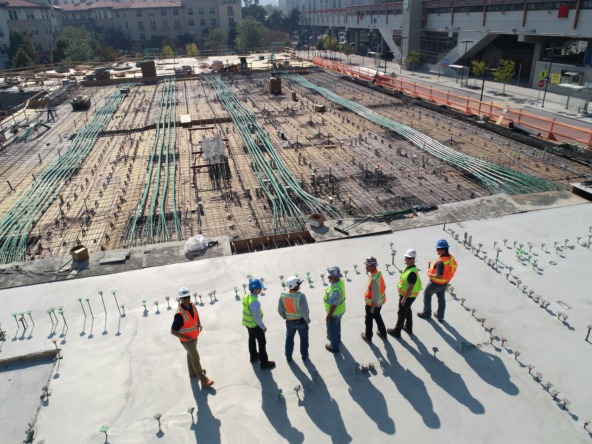The Spanish real estate market is experiencing an increasingly evident phenomenon: the growth of pent-up demand. This is a segment of the population that wishes to buy a home but, for economic, employment or financial reasons, has postponed the purchase. Although the term is not new, it has become particularly relevant in the post-pandemic context and in an environment of high interest rates.
What do we mean by ‘pent-up demand’?
Pent-up demand is considered to be the group of people who are interested in purchasing housing but have not been able to do so due to budgetary constraints, financing difficulties, job uncertainty or lack of suitable product.
According to data collected by Fotocasa Research, in 2018 58% of potential buyers had not managed to complete the transaction. In 2023, this figure has been rising in certain age groups, especially among young people and middle-income families.
In other words, there is a latent volume of potential buyers which, in more favourable market conditions, could trigger demand and generate a rebound in transactions.
Factors that have contributed to its growth
Several elements have reinforced the phenomenon of pent-up demand:
-
Rising interest rates: from 2022, the ECB’s tightening of monetary policy has raised the cost of mortgage financing, reducing the borrowing capacity of many households.
-
Rising prices: the average house price has risen by 7.2% year-on-year in the first quarter of 2024, according to Tinsa, which reduces access to purchase in consolidated urban areas.
-
Lack of affordable supply: in markets such as Madrid or Barcelona, the available stock under 300,000 euros is increasingly scarce, especially in new construction.
-
Job insecurity and stagnant wages: according to Eurostat, real wages in Spain have grown below cumulative inflation between 2021 and 2023, limiting savings for initial entry.
-
Tax regulations and bureaucratic obstacles: transaction costs (ITP, notary, registration) and the lack of agility in urban planning licences make access difficult, especially in high-demand markets.
Market implications
The sustained increase in this latent demand has a structural impact on the real estate market:
-
Pressure on the rental market: many people who cannot afford to buy are opting to rent, putting pressure on an already strained market. According to the portal Idealista, rental prices rose by 10.7% year-on-year in April 2024.
-
Changing buying patterns: increasing interest in peripheral locations, smaller flats and co-operative or BTR (Build to Rent) housing as an alternative access option.
-
Increased vulnerability to economic shocks: pent-up demand can generate an abrupt rebound if economic conditions improve, but it is also more sensitive to negative events such as unemployment or further rate hikes.
What role can real estate professionals play?
At Quality Keys Inmobiliarios we have identified three key areas to work with this latent demand:
-
Financial advice and mortgage accompaniment: explain clearly the real debt capacity, offer simulations and link the client with brokers or entities that offer competitive conditions.
-
Product diversification: actively promote value-for-money housing in emerging, well-connected and serviced areas.
-
Buyer education: provide transparent information on total costs, taxation and procedures. Generate useful content on social networks and own channels to facilitate the purchasing process.





